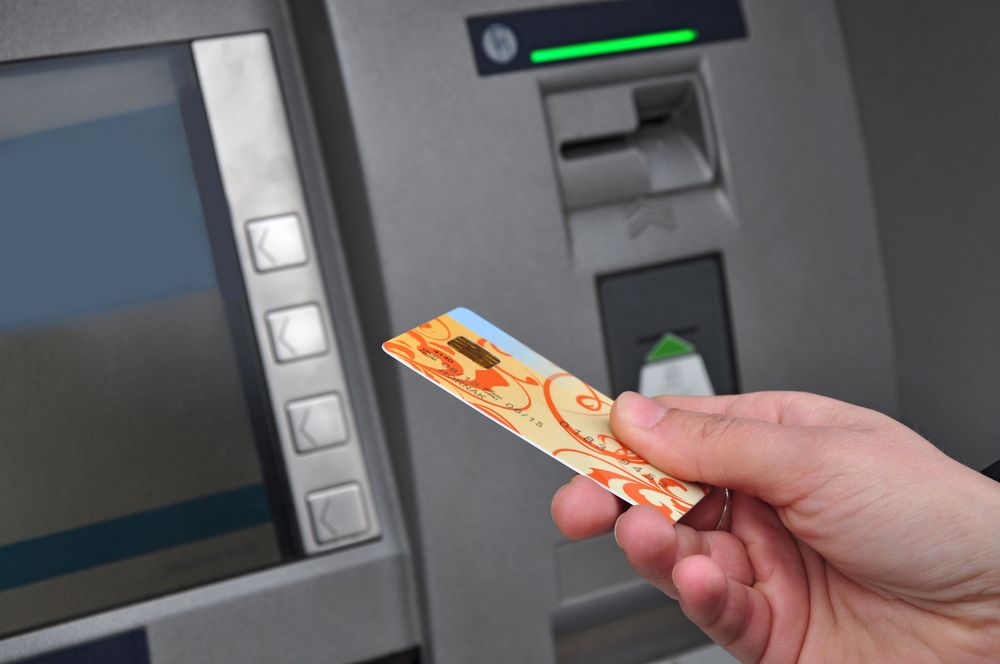Changing your bank account is a really important part of the application process and your case will not be able to progress until you switch your current account. That’s why, if we’ve asked you to change your bank account, we recommend you do so as quickly as possible.
Changing your bank sounds like a huge hassle – but given the range of quick and easy banking options out there, it really couldn’t be simpler.
Why do we ask you to change bank account?
If you’ve been asked to change your current account as part of the setup of your arrangement, it’s because your old bank account will be at a high risk of being frozen when you begin your repayment plan.
Some customers do tell us they’d prefer not to change bank account because they want to remain loyal to the bank. Unfortunately, your bank may not return this loyalty – especially if you owe them money.
What are the benefits of changing bank?
– The people you owe money to can’t take any more money or freeze your account.
– With no borrowing facility, there’s no way to get further into debt.
– Your money’s easier to manage when it’s all in one place.
– It’s a fresh start for you and your finances.
Our recommendations:
Starling
One simple way to switch your current account is to use Starling. You can quickly and easily access Starling via our customer app. Just check your email and follow the instructions we sent you to log in.
We recommend a Starling current account to our customers because:
It’s easy to use
There are zero monthly fees to pay, and, as well as getting a traditional bank card, you can manage your money online via their simple, intuitive app. You won’t pay a monthly fee for your account, or any money for withdrawing cash or spending abroad.
They come highly recommended
Starling bank was named Best British Bank and Best Current Account at the 2019 British Bank awards – so you know your money’s in the best possible place.
You get real-time spending alerts
Whether it’s that piping hot latte you just bought on your local high street, or you just made your monthly mortgage payment, you will know exactly where your money is going (and when) with regular notifications.
Switching to Starling bank in four steps
Step one: Open a new account online – Make sure it’s a basic account only.
Step two: Inform your creditors that you have a new account number and sort code. Creditors might include your energy company, internet provider, or phone company.
Step three: Ensure that any regular income payments you receive will now go to your new bank account.
Step four: Update your RCP card details in the Creditfix app.
To get started, visit the Starling website here.
Other banking providers are available…
If you don’t feel Starling or thinkmoney is the right fit for you, don’t worry – there are other banks out there.
Remember: if you already hold a bank account or owe money to a bank, you won’t be able to open a new bank account with them. Your new account MUST be with a different bank to the one you currently bank with.
What to look for in a basic account
It’s rare for a bank to refuse you a basic account, but there are a few criteria you’ll need to be aware of when you’re starting out with a new bank.
Keep it basic: We’d recommend you open the most basic current account possible. This means you won’t have to pass the credit check you usually need to pass to open a current account.
No overdraft facility: Most basic accounts won’t offer an overdraft facility; some will offer a small financial buffer. It’s best that for the duration of your arrangement, you don’t get further into debt or get further overdrawn.
Avoid credit cards: While you won’t be able to use credit on a basic account, it also means there’s no risk of getting into debt. Most do come with a direct debit facility, as well as the ability to withdraw cash from an ATM.




